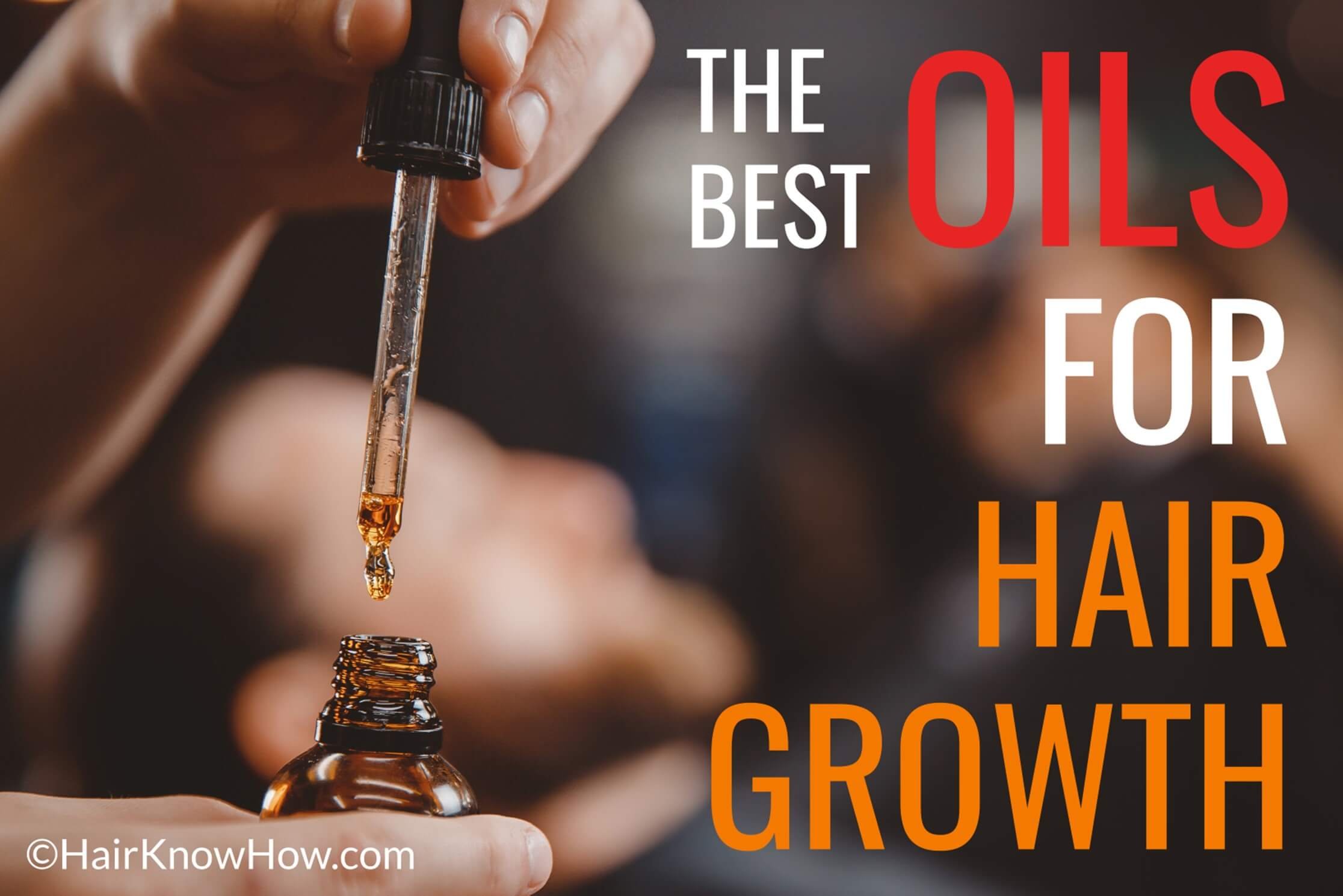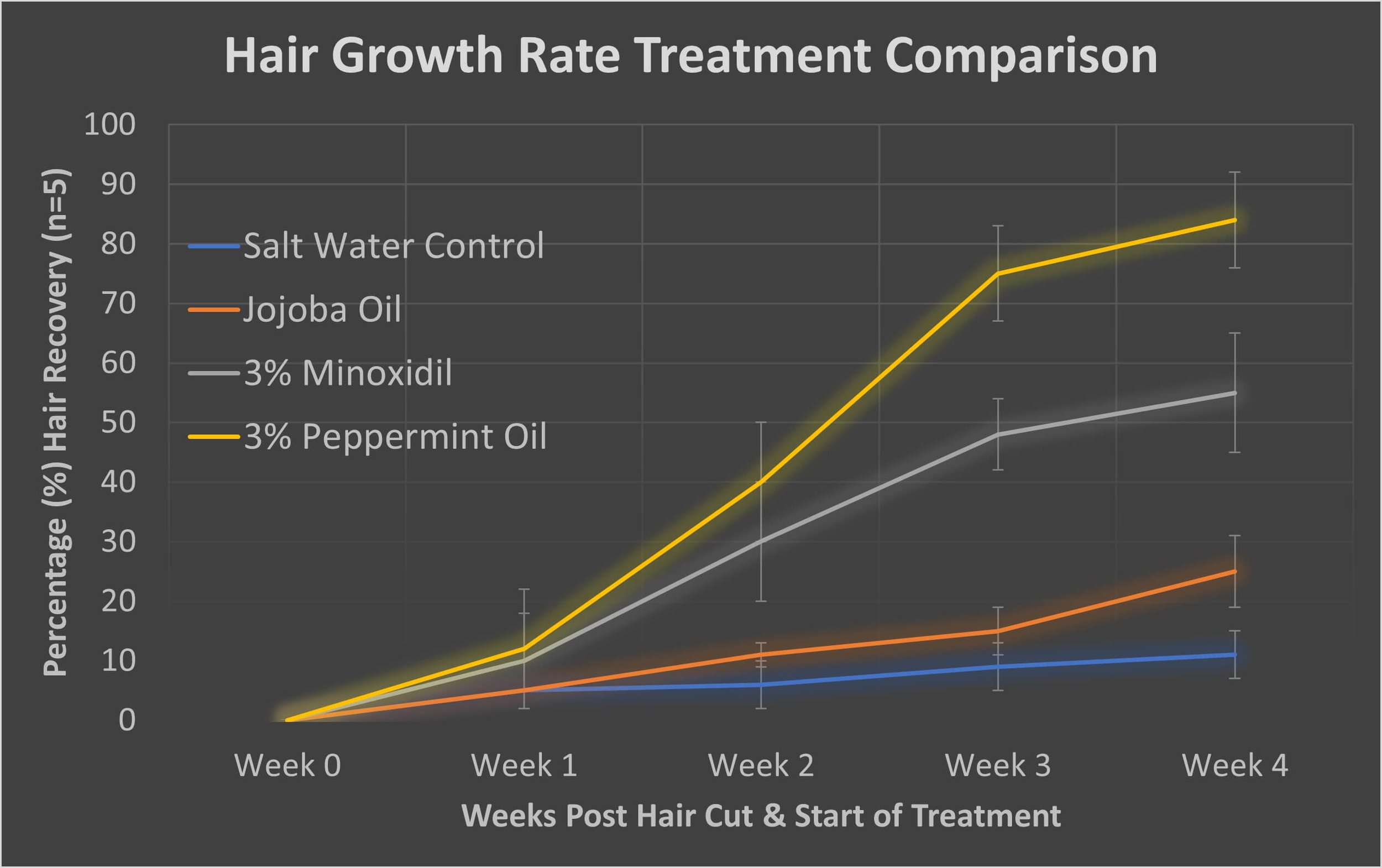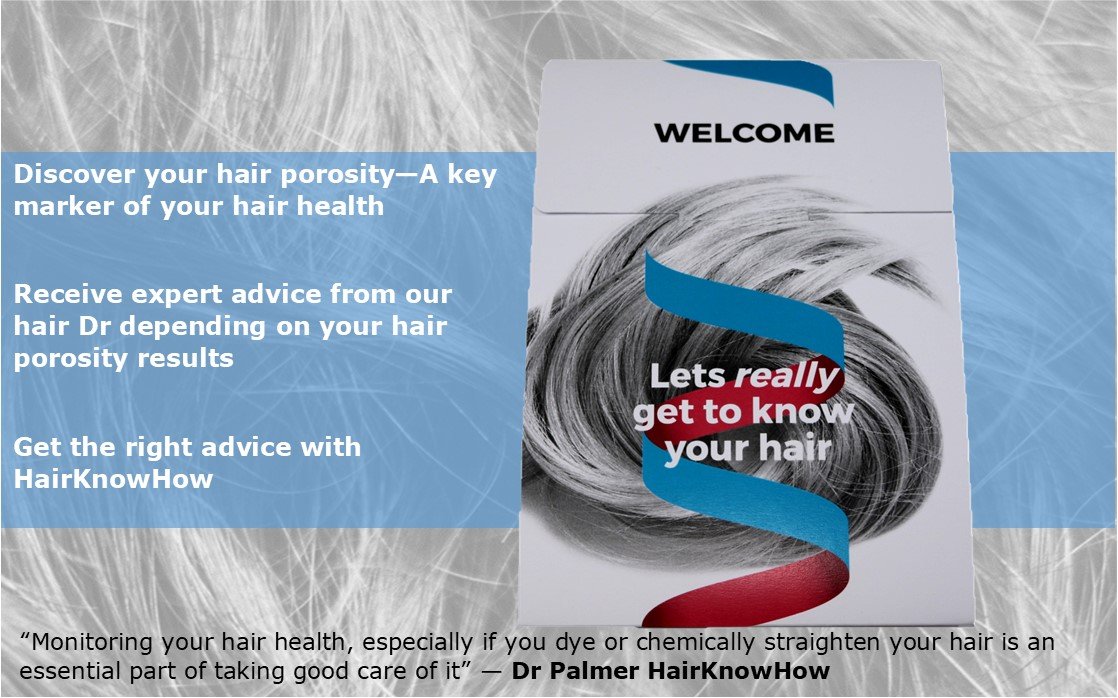Hair Oils - What You Need To Know
In this day and age, there are a lot of products on the market that claim to be the “next big thing” in hair care. It can be hard to keep up with the trends and know which products are worth your money. One product that has stood the test of time, however, is hair oil. Hair oil has been used for thousands of years, from the ancient Egyptians to modern times to help nourish and protect hair. In recent years, there has been a resurgence in the popularity of hair oils as people have become more aware of their benefits. This article will explore some of the best hair oils on the market and how they can potentially increase your hair growth, promoting increased hair density. From coconut oil to argan oil and beyond, read on to learn more about these magical products!
Best Oils For Hair Growth
There are a few different types of oil that are thought to promote hair growth. Both women and men can use hair growth oil. Much of the data surrounding hair growth oils is unfortunately anecdotal. However, we have included these oils so we can all learn from the collective experience of others. In many cases, these oils are just plain good for your hair- not just your skin and follicles. Healthy skin and follicles are much more likely to produce healthy hair. Toward the bottom of this article, we include the scientific work undertaken on hair growth oils. Some of the best oils for hair growth include:
1. Coconut Oil: This is one of the most popular hair oils because it is incredibly effective. Coconut oil is thought by many to increase hair growth and prevent hair loss. Coconut oil helps keep your scalp healthy, which is essential for preventing dandruff and other conditions. Coconut oils offer increased hair protection from day-to-day abrasive and heat damage, chemical attack, and the drying effects of shampoos. It’s a great oil to include in your daily or weekly hair routine.
2. Argan Oil: Argan oil is another very popular hair oil because it is also very effective. It can help to increase hair growth, prevent hair loss, and keep your scalp and follicles healthy. Like coconut oil, argan oil protects your hair against many day-to-day grooming and styling activities.
3. Jojoba Oil: Jojoba oil is also an excellent choice for promoting hair growth (see data below). It helps moisturize the scalp and keeps it healthy, preventing dandruff and other conditions. Jojoba oil also helps to stimulate blood circulation to the scalp, which can promote hair growth.
4. Almond Oil: Almond oil is another great choice for hair growth. It helps to moisturize the scalp and keeps it healthy, which can prevent dandruff and other scalp conditions.
5. Grape Seed Oil: Grape seed oil is another excellent choice for hair growth. It helps to stimulate blood circulation to the scalp, which can promote hair growth.
How To Apply Hair Growth Oil
If your goal is to grow your hair long, strong and thick, then you need to start using hair growth oil. These types of oil help to stimulate the scalp and promote hair growth. Here are some tips on how to apply hair growth oil:
1. Start with a clean scalp. Before applying any oil to your scalp, make sure that it is free of dirt and buildup. You can do this by shampooing your hair and following up with a clarifying rinse.
2. Apply the oil to your scalp. Using your fingertips, massage the oil into your scalp in a circular motion. Be sure to cover the entire scalp, including the sides and back.
3. Leave the oil on for 30 minutes to 1 hour. After massaging the oil into your scalp, cover your head with a warm towel or shower cap. This will help the oil penetrate deep into the follicles where it is needed and encourage hair growth.
4. Rinse out the oil. After 30 minutes to 1 hour, rinse out the oil using lukewarm water and a gentle shampoo.
How Long Until You See Hair Growth Results
You may start to see hair growth results within a few weeks of using a hair oil. However, it can take up to several months to see the full effects of using hair oil. Some data produced in hair laboratories have seen results on human study participants within six months; persistence and experimentation are the key. If you are not seeing any results after a few months of use, try a different hair oil or talk to your doctor or hair clinician about other options for hair growth.
The Science Behind Hair Growth Oils
There are a lot of different hair oils on the market, but how do you know which one is right for you? It can be confusing to figure out the science behind all the different products.
First, let’s start with understanding what hair oil is. Hair oil is an emollient, which means it helps to soften and moisturize the hair. There are different types of hair oil, but the most common ones are naturally derived and made from plant-based ingredients.
Next, let’s talk about how hair oil can help with hair growth. When your scalp is healthy and hydrated, it’s able to support healthier hair growth. Hair oil can help to improve scalp health by providing essential nutrients and moisture. In addition, massaging your scalp with hair oil can help to stimulate blood circulation, which can also promote hair growth.
Hair growth recovery data comparing Minoxidil, Jojoba oil, and Peppermint oil (Ref). Note this was a short-term study lasting weeks and it was not conducted on humans. But it shows that Peppermint Oil is worth a try and potential alternative to Minoxidil.
Finally, let’s discuss some of the best hair oils for promoting hair growth. One option is rosemary oil, which has been shown scientifically within laboratories to improve blood circulation to the scalp and promote hair growth. One study on rosemary oil in humans found a significant increase in hair follicle number and growth rates, even better than Minoxidil at almost twice the number of follicles and fewer side effects (Ref). Bear in mind the error bars on the presented data were enormous, as is often the way with these types of studies, but it may help and is worth a try. Another option is cedarwood oil, which has been shown to reduce DHT levels in the scalp. DHT is a hormone that contributes to hair loss, so reducing DHT levels can help slow down or even prevent hair loss.
Other promising hair growth oils we found in the scientific literature include:
Panax ginseng C.A. Mey aka ginseng,
Malus pumila Mill. cultivar Annurca (Annurca apple)
Allium sativum L. (garlic)
Caffeine from Coffea arabica L
Pumpkin oil from Cucurbita pepo subsp. pepo var. Styriaca
Camellia sinensis (L.) Kuntze
Capsicum annuum L
To read a review on these oils and what is currently known about their botanical activity regarding hair growth and follicle number, please refer to this reference.
If you’re looking for a natural way to improve your hair growth, consider using one of these essential oils. Remember to consult with a doctor or healthcare professional before using any essential oils, especially if you have a medical condition. If you are concerned about hair loss, we recommend contacting your local medical hair clinic or additionally within the UK, Alopecia UK are available to offer assistance.
Get Expert Hair Analysis and Help
If you want to discover how well you are looking after your hair, hair type, or porosity, check out one of HairKnowHow's hair analyses below.
Contact the HairKnowHow Team if you have any questions or would like us to include additional information about a particular hair growth oil you are interested in.
Dr Palmer and The HairKnowHow Team.







